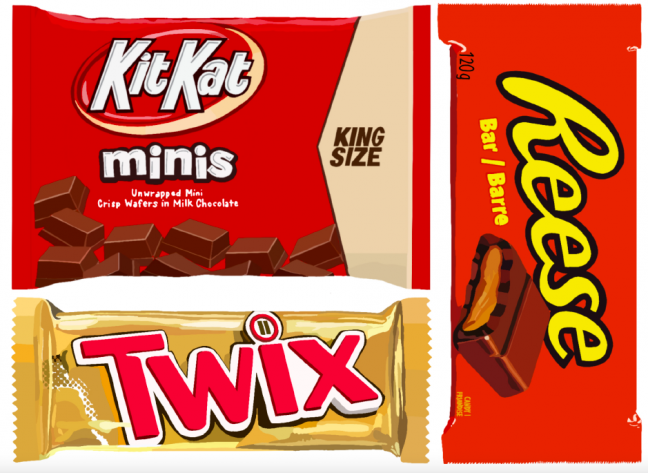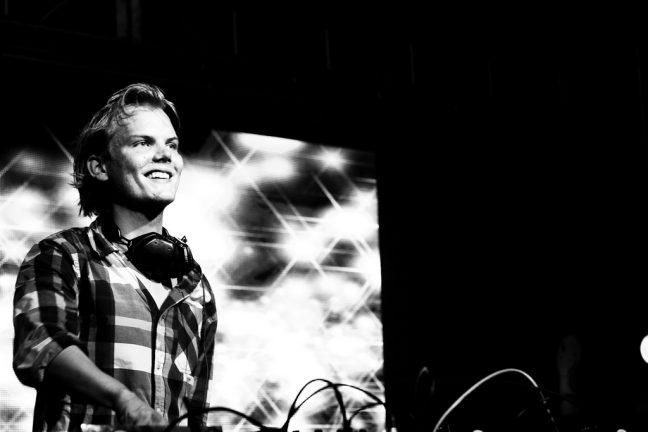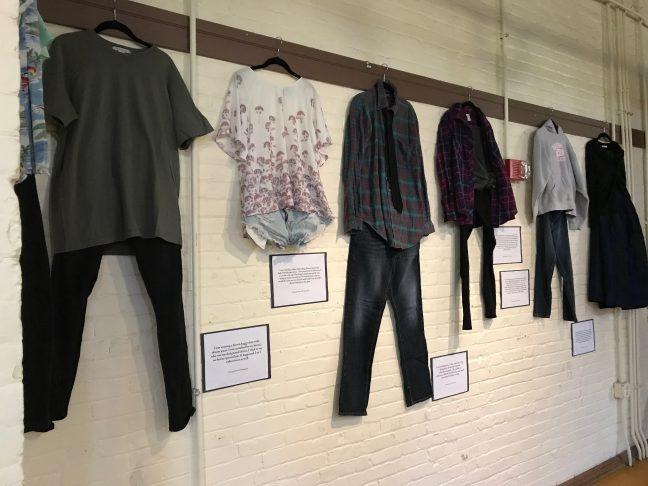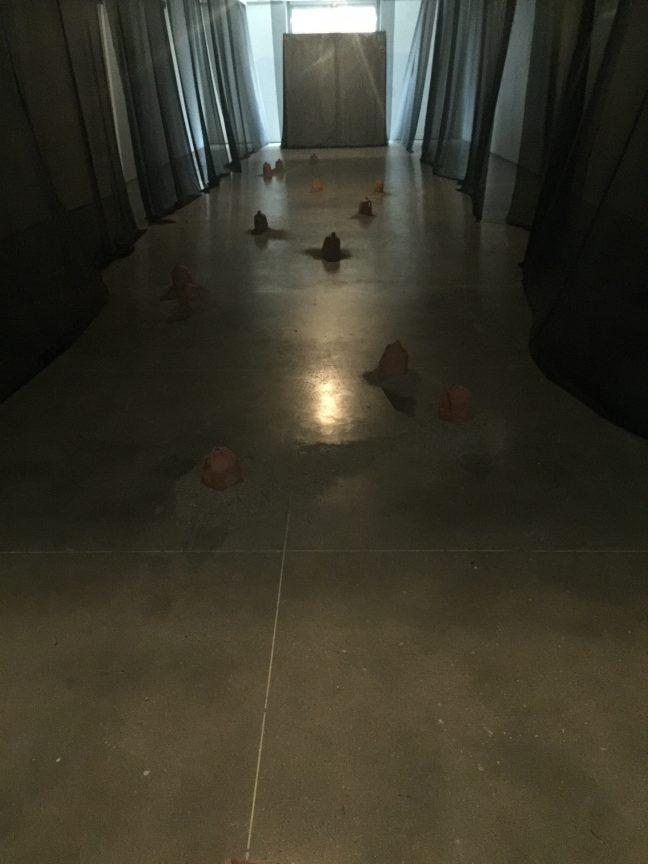The soul of jazz — its polyrhythmic beats and the swoon of its seductive style — is attributed to African-American cultures of the South which eventually spread to large metropolitan cities like Chicago, New York and San Francisco Yet, Wisconsin too harbored a taste for — or rather an ear for — Jazz music (think of the legendary guitarist Les Paul and trumpeter Bunny Berigan) and still does today.
Established in 1984, the Madison Jazz Society offers more traditional sounds for its member-based audience that span from jazz’s earlier beginnings to the bebop era. As the president of the MJS, Linda Marty Schmitz explains, “Jazz is America’s music.” And to promote America’s music, Schmitz and the MJS work on a small scale within Wisconsin by “giving grants to elementary and high school students all over the state,” to help educate students in the study of improvisational music.
Almost 100 years since the dawn of the genre, the MJS continues the celebration of its 25th anniversary through the spring season of 2010. This volunteer-based, non-profit organization features four concerts this season all to promote the enjoyment and preservation of jazz music.
On Jan. 31, the MJS offers a centennial tribute to jazz legend Benny Goodman by resurrecting the 1930s swing-era style the Chicago-born clarinetist helped create. Among the musicians performing in the show include renowned swing clarinetist Allan Vach?, pianist Mark Shane and bassist Phil Flanigan — all of whom played with Benny Goodman during their careers. Joining them will be drummer Kevin Dorn and vocalist Terry Blaine to help recreate Goodman’s “hot” tunes, as Blaine said.
“The guys in the band pick the arrangements [to Goodman’s tunes] and we kind of do our own thing with it,” Blaine said. This allows the band’s idiosyncratic styles to melt within Goodman’s freely structured compositions. Therefore, the MJS offers an updated version or a reinterpretation of one of pop-culture’s most historically important musicians.
“A lot of jazz studies start with the later material,” Blaine said, “and we all feel that this early stuff is very important. The swing style of playing — it’s a kind of the bedrock to jazz. There’s a lot of blues in it and it’s something I feel that needs to be carried on.”
Blaine feels jazz is music “that was made to be played live” and expressed a sincere concern for the state of the genre.
“A lot of people don’t get a chance to see music being played by live groups in intimate settings and to know that that exists is incredibly important,” Blaine said. “This is why groups like Madison Jazz Society deserve all of our support.”
Schmitz encourages an intergenerational audience within MJS to preserve the live and “hot” atmosphere jazz music has the possibility to create.
“We hear jazz at the [Badger] football games,” Schmitz said in reference to the marching band (rather than House of Pain’s “Jump Around,”). “So why not come hear more of them?”
And she’s right. At the Champs Sports Bowl in December, not only did the Badgers beat Miami, but the UW marching band also gave a stellar half time performance of The Benny Goodman Band’s infamous version of “Sing, Sing, Sing.”
The Madison Jazz Society’s Benny Goodman Centennial Tribute performance will take place Jan. 31. To learn more about the Madison Jazz Society, visit www.madisonjazz.com/upcoming.













